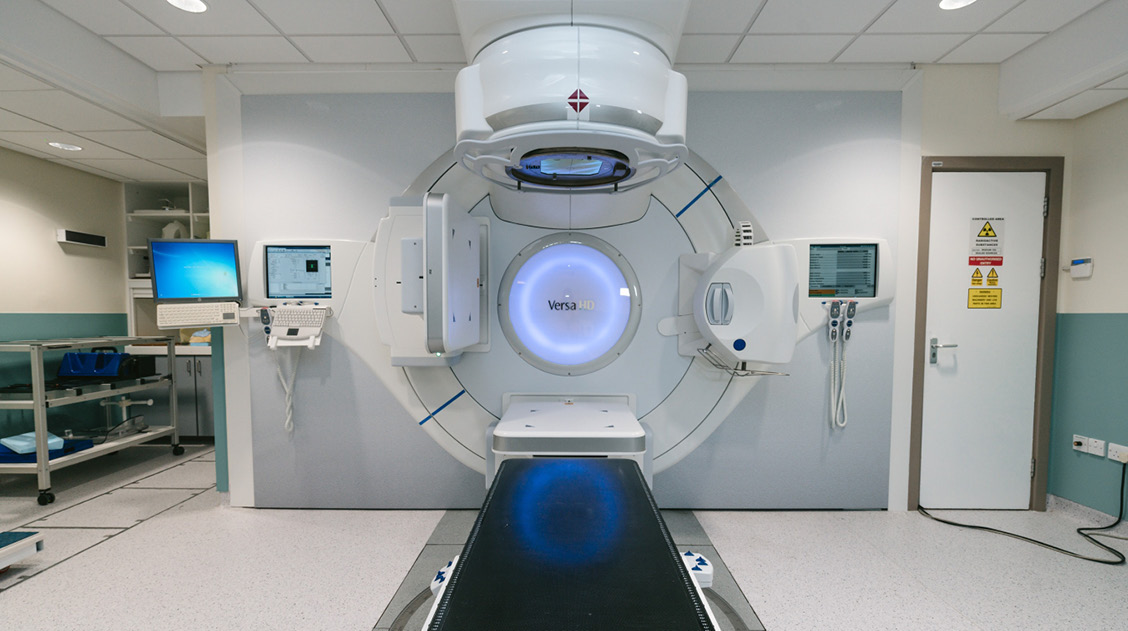
Tumor-Directed Radiotherapy and Immune Response
Clinical trials for advanced metastatic neuroendocrine tumors (NET) are being performed. In the current issue of Diagnostics, Wu, Pfeifer and colleagues demonstrate how targeted radionuclide anti-tumor therapy upregulates specific cells of the immune system. This advances our understanding of the host immune response to treatment. It also facilitates the optimization of dosage and protocols for improved patient outcomes.
Peptide receptor radionuclide therapy and neuroendocrine tumors (NET)
The therapy, termed peptide receptor radionuclide therapy (PPRT) is currently used in clinical trials for advanced metastatic neuroendocrine tumors (NET), and significantly prolongs patient survival relative to approved treatments. NETs, which originate from neuroendocrine cells and develop in the gastrointestinal tract and multiple other organ systems, are increasing in incidence and challenging to diagnose. Unfortunately, clinical presentation often occurs only after metastatic spread.
These heterogenous tumors generally display high levels of somatostatin receptors, and tumor imaging using radionuclides coupled to synthetic analogs of the neuropeptide hormone somatostatin are routinely used to visualize NETs. PPRT adapts this imaging technology to directly target tumors with radiation. While the targeted radiation is presumed responsible for tumor control, the host immune response to the therapy has not been understood.
Translational research with neuroendocrine tumors (NET)
In a textbook example of translational research, the authors used a human tumor xenograft in an immune-compromised mouse model of NET to clarify steps in the immune response that are likely to lead to improved patient survival. They also report in ‘Induction of Anti-Tumor Immune Responses by Peptide Receptor Radionuclide Therapy with 177Lu-DOTATATE in a Murine Model of a Human Neuroendocrine Tumor‘ that PPRT upregulates specific immune cells that are likely to stimulate further anti-tumor immune response pathways. Relative to control tumor-challenged mice, those with PPRT treatment also display increased infiltration of tumors by CD86+ APC (antigen presenting cells). They also report higher levels of CD49b+/FasL+ NK (natural killer) cells.
Further Reading
For more information about tutors and therapy, we refer the interested reader to the following articles.
- Wu, Y.; Pfeifer, A.K.; Myschetzky, R.; Garbyal, R.S.; Rasmussen, P.; Knigge, U.; Bzorek, M.; Kristensen, M.H.; Kjaer, A. Induction of Anti-Tumor Immune Responses by Peptide Receptor Radionuclide Therapy with 177Lu-DOTATATE in a Murine Model of a Human Neuroendocrine Tumor. Diagnostics 2013, 3, 344-355.
- Thakur, A.; Vaishampayan, U.; Lum, L.G. Immunotherapy and Immune Evasion in Prostate Cancer. Cancers 2013, 5, 569-590.
- Mozdarani, H. Biological Complexities in Radiation Carcinogenesis and Cancer Radiotherapy: Impact of New Biological Paradigms. Genes 2012, 3, 90-114.
- Hasumi, K.; Aoki, Y.; Watanabe, R.; Hankey, K.G.; Mann, D.L. Therapeutic Response in Patients with Advanced Malignancies Treated with Combined Dendritic Cell–Activated T Cell Based Immunotherapy and Intensity–Modulated Radiotherapy. Cancers 2011, 3, 2223-2242.










